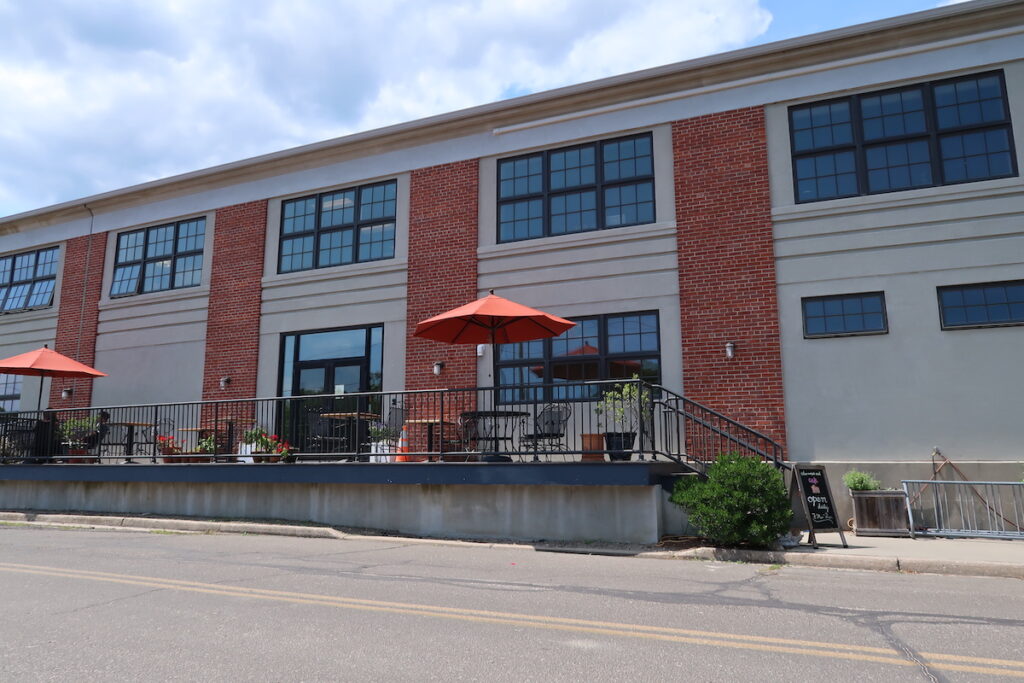Environmentalists: Nitrogen pollution a problem for North Fork’s waterways

Nitrogen pollution in bodies of water on the North Fork is dangerously high, according to local environmentalists who told the Southold Town Board Tuesday that nitrogen levels in the town’s ground and surface waters are the highest in Suffolk County.
Glynis Berry of Peconic Green Growth told board members that her organization is moving forward with plans to implement decentralized wastewater treatment in Orient, Mattituck and on Fishers Island.
“The North Fork has the highest level of nitrogen of any location in Suffolk County if you look on County maps,” Ms. Berry said. “Water is one of our most precious resources.”
Unlike toxic pollutants, nitrogen is not linked to cancer, birth defects or making anyone sick, experts say. It is nitrogen’s ability to make things grow that makes it a problem. When nitrogen gets into streams, ponds, the Long Island Sound and the Peconic Bay, it causes an overgrowth of algae, which sucks up oxygen in the water. Without the oxygen they need, fish and shellfish die.
Nitrogen pollution can result from poorly treated septic waste and fertilizer used on farms, lawn, and wineries. Ms. Berry said nitrogen levels are particularly high in Southold Town in part because of its active agriculture industry.
Since February, Peconic Green Growth has been looking at phasing out cesspools in favor of developing an alternative cluster of septic systems that have proved effective in reducing nitrogen contamination in environmentally sensitive areas, Ms. Berry said. She pointed out three she believed were in need of the most mitigation: Fishers Island, Mattituck and Orient.
She told the board she put out a request for proposals for the septic systems in seven areas in Orient. To date those proposals have been cost-effective. However, the design stage of the project alone would cost about $1 million, she said.
Ms. Berry said she’s applying for grants to help residents switch to better septic systems, but said she hopes people would opt to voluntarily upgrade their septic systems.
She suggested the town could raise the funds for the improvement systems by charging residents a $100 annual fee to the town’s wastewater district. Orient residents directly benefiting from the upgrades would be charged $500, she said.
“There seems like there’s a lot of hurdles to get this done,” board member Chris Talbot said.
Ms. Berry stressed the project was in its infancy and she said her next goal is informing the community.
“When people start understanding the issues in their neighborhoods, they realize maybe they have to do something about it,” she said.
Southold Town Supervisor Scott Russell recommended community meetings to get the public involved in the process.








